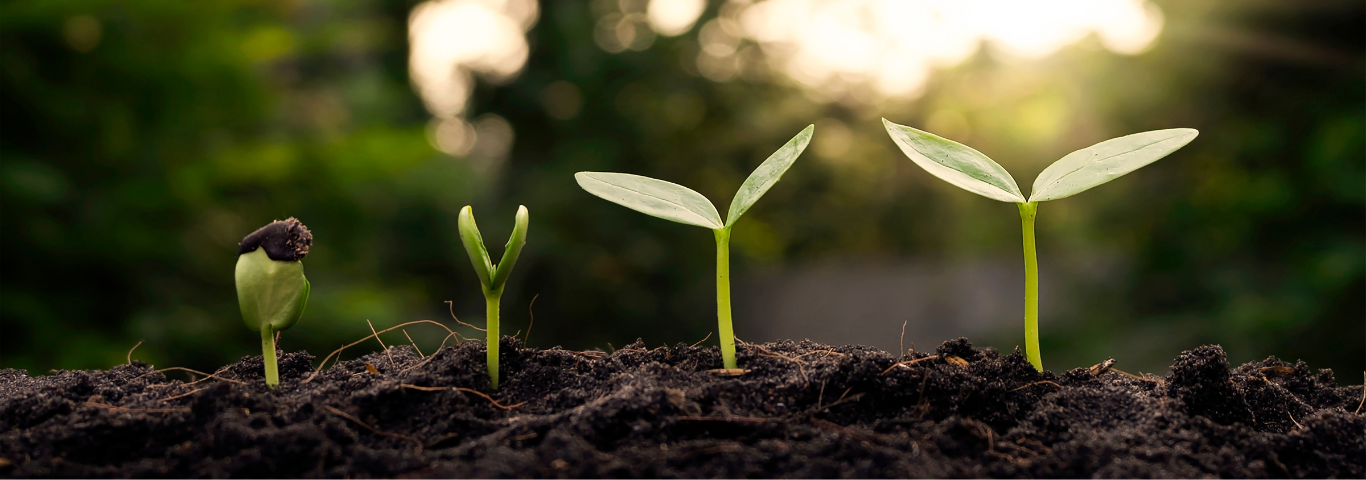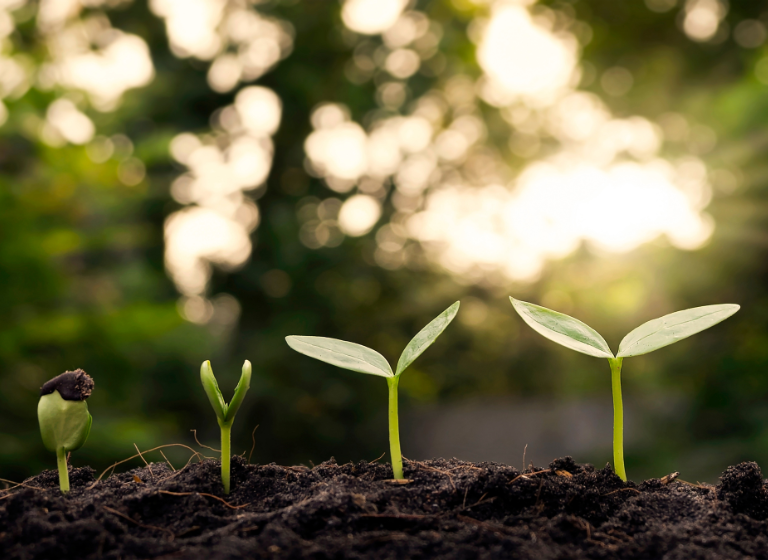

Ethical and Sustainable Purchasing
In a world where environmental consciousness is on the rise, the demand for ethical and sustainable products is stronger than ever. Consumers are searching for and choosing products that commit to a more sustainable future. With influence from the holistic health, beauty, and personal care (HBC) industry to regenerative farming practices, suppliers, retailers, and brands alike should be aware of these top trends in ethical transparency.

Nourishing You and the Planet
From household cleaners, diapers, deodorant, and sunscreen, consumers are buying products that are better for them and the planet. The new conscious consumer is seeking out brands that prioritize ethical and sustainable sourcing, eco-friendly packaging, and transparent practices. In turn, brands have pivoted to include more social responsibility initiatives. As consumers, advocates, and brands come together, the HBC industry has the potential to redefine beauty standards and set a new benchmark for holistic sustainability.
Cultivating Sustainability
According to NielsenIQ, more than half of consumers are willing to try brands that lean into regenerative farming practices and offer sustainable solutions, which indicates a growing interest in preserving the environment through consumption choices. Regenerative farming is a holistic approach aiming to rejuvenate the land, enhance biodiversity, and promote long-term ecological balance. Regenerative farming also minimizes the use of synthetic fertilizers and pesticides. Consumers can find products ranging from coffee, protein powder, and vitamins that advertise sustainable practices right on their packaging.

